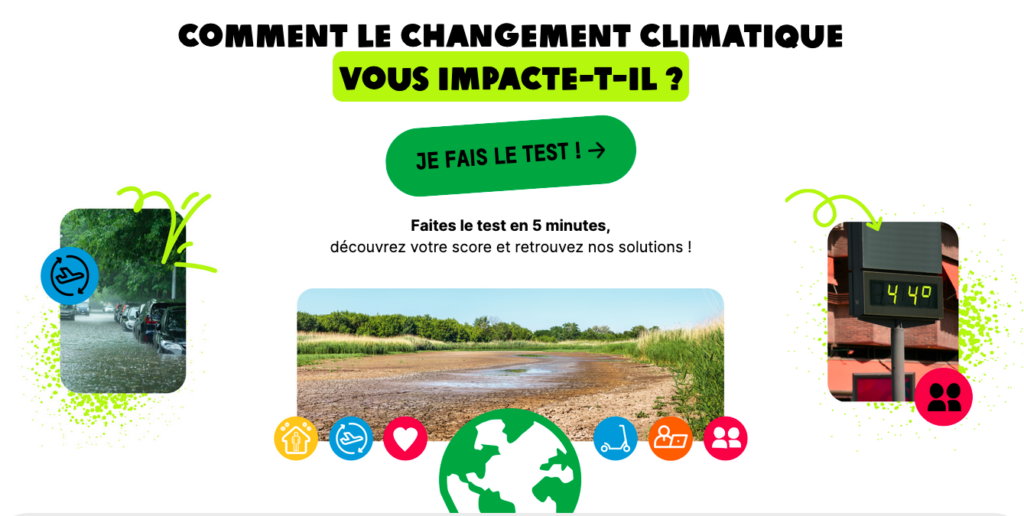At a time when a new National Assembly is being formed and a new government is taking shape, Oxfam France publishes a study on France’s climate change adaptation policies. The conclusions are clear: public authorities are not sufficiently anticipating the policies and investments needed for adaptation, and to date are not protecting citizens from the consequences of climate change.
Oxfam reveals that more than half of human rights are threatened in France due to the improvisation of public authorities in terms of adaptation and the absence of an ambitious global policy.
Climate change:
We are not ready!
Since his arrival at the Ministry of Ecological Transition and Territorial Cohesion, Christophe Béchu has made adaptation to climate change is a priority of his action. He was and is convinced of thatadapting France to the effects of climate change is a necessity to preserve our prosperity, our freedoms and our power in a rapidly changing world.
This does not mean that France has given up on reducing its greenhouse gas emissions. It is even the opposite: our country’s emissions fell by almost 6% by 2023like never before in our history.
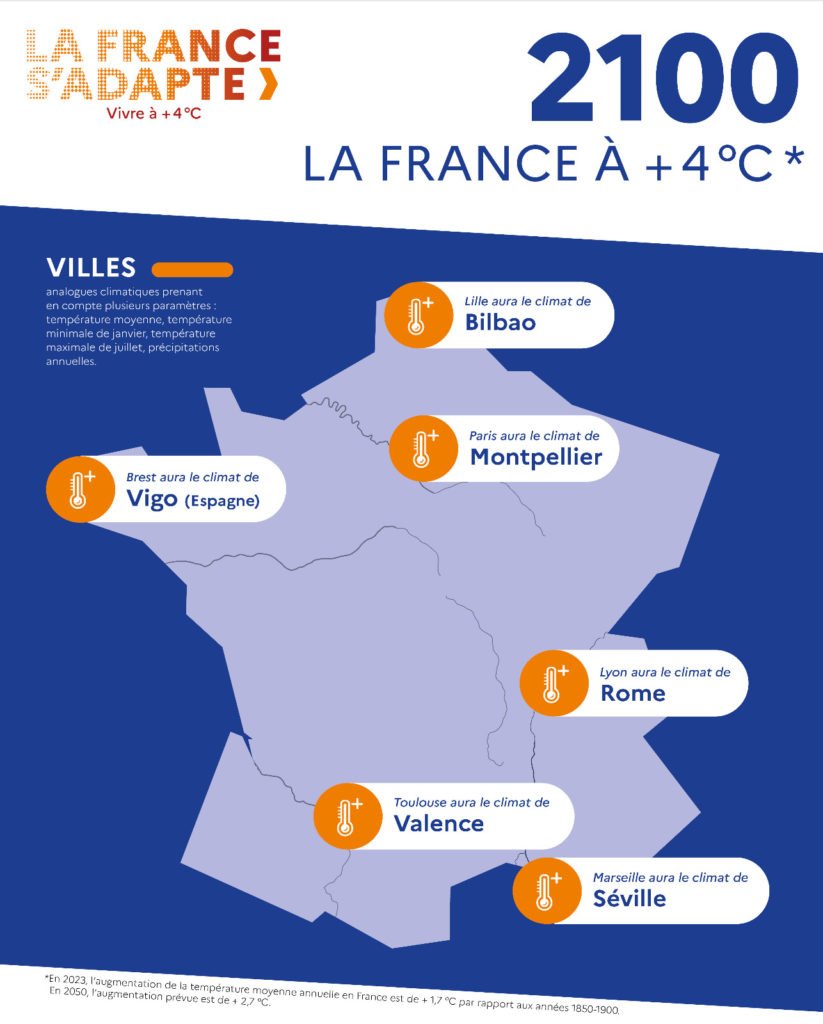
To prepare the country for a warming that could reach 4°C by the end of the centuryenabled a larger public strategy to develop National plan for adaptation to climate change (PNACC). This document is the result of work by state administrations and stakeholders to prepare all parts of the nation’s life for the new climate situation.
The 3rd PNACC was about to be put into consultation when the National Assembly was dissolved. The outgoing government will not be able to take responsibility for a strategy that commits the country’s future over several decades. It will be up to the incoming government to assume the political responsibility.
Based on science, the warming trajectory that serves as its compass is a robust and widely shared scientific trajectory. This plan concerns the entire life of the nation and is aimed at all target groups (businesses, citizens, youth, local communities, farmers, etc.)
- At the normative levelit is pragmatic as it combines incentives, recommendations, technical standards and rules of positive law to be adopted
- On the temporal levelit allows for immediate, medium and long-term measures;
- At the territorial levelit suggests the strengthening of local authorities and local differentiation to create solutions on the ground.
- In terms of justice and economyThe PNACC measures aim to avoid the abysmal costs to society of inaction or “mal-adaptation” and propose an overhaul of our compensation and prevention mechanisms targeting the poorest households.
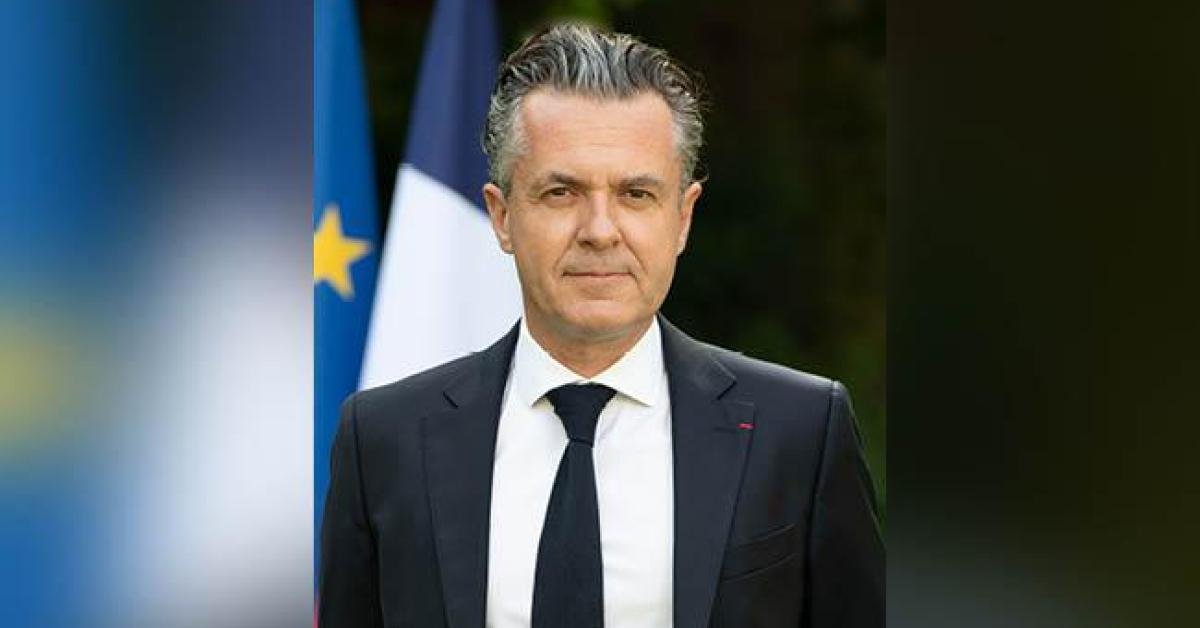
I have measured the urgent need for government agencies to prepare the nation for the world that awaits us. I am convinced that with a strategy, a direction and a will, France will remain free, prosperous and beautiful, no matter what happens. PNACC is a first step on this long road to adaptation, to which I was happy and proud to make a contribution
Christophe Bechu

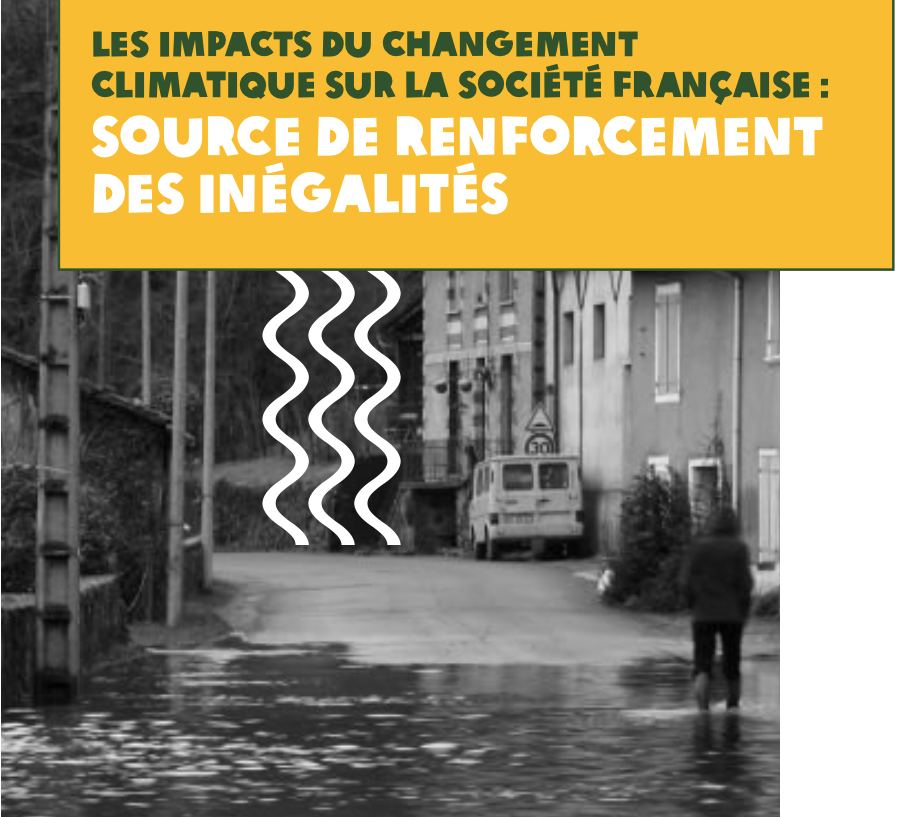
Adaptation to climate change: the key figures
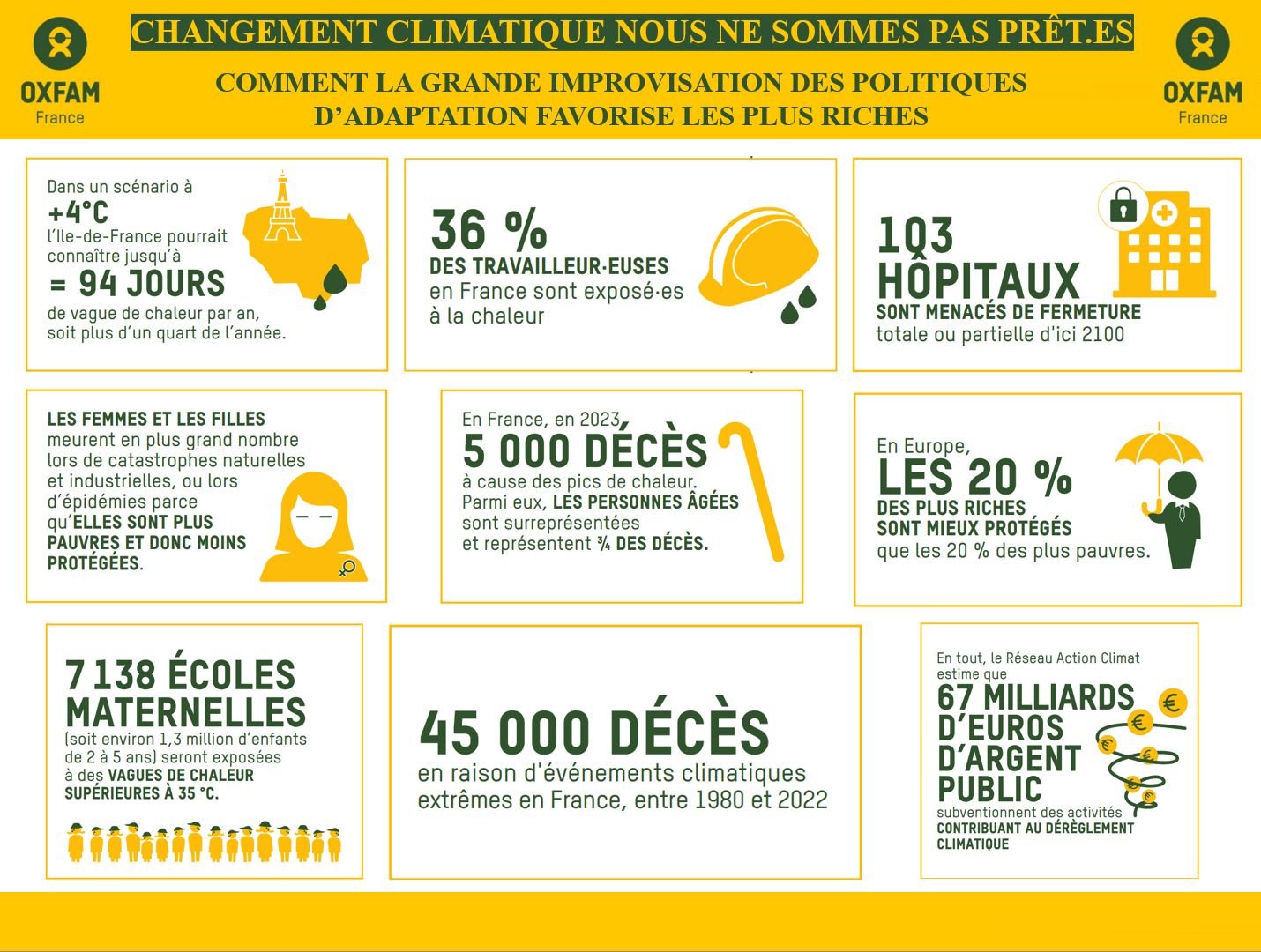
- At least 26 of the 50 fundamental rights in the EU are directly threatened in France due to the negligence of the state in matters of adaptation, including the right to health, the right to education or even the right to decent housing.
- 1.3 million French preschool children will be exposed to heat above 35° in classrooms by 2030. 55% of French kindergartens will be affected and in 4 departments – Bouches du Rhône, Seine-Saint-Denis, Paris and Gironde – there will be 100% kindergartens.
- Today, 36% of workers are already exposed to extreme heat in their workplace.
- By 2100, 5% of French hospitals will be threatened with closure due to extreme climatic hazardsand 3% of primary schools and 2.3% of retirement homes will be affected by rising water levels.
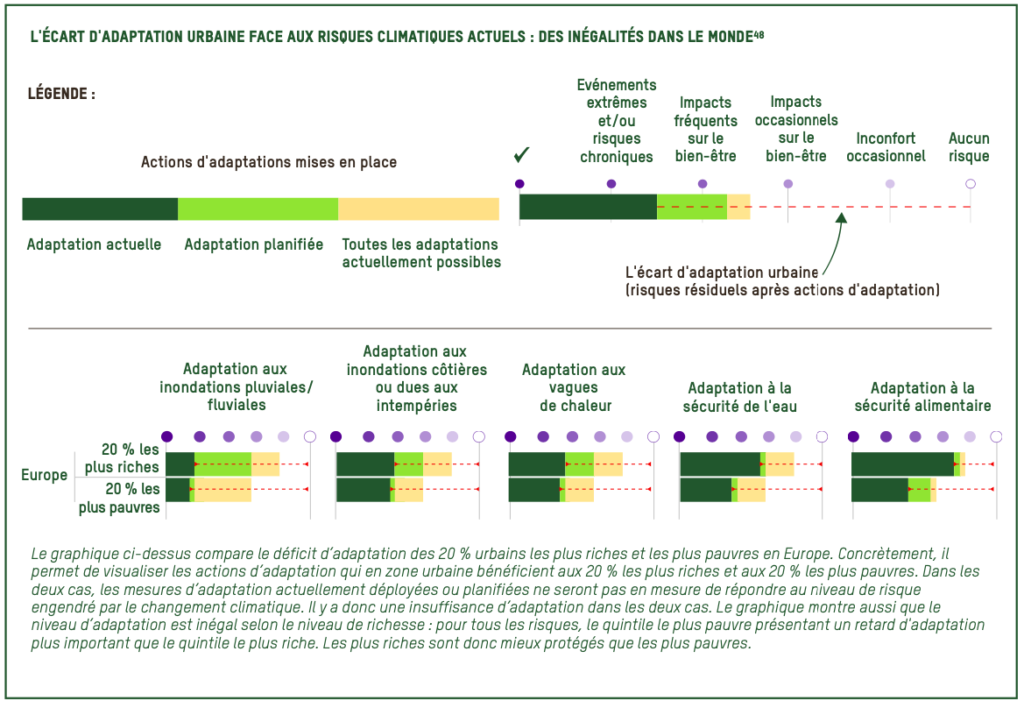
Faced with the consequences of climate change, inequalities are growing in France
France, like the rest of the world, is hard hit by the climate crisis. The summer of 2023 was one of the hottest measured in France, while the year 2022 saw the accumulation of all the extreme climatic hazards: drought, megafires, violent storms, etc. We estimate that 62% of the French population is very or very exposed to climate risks.
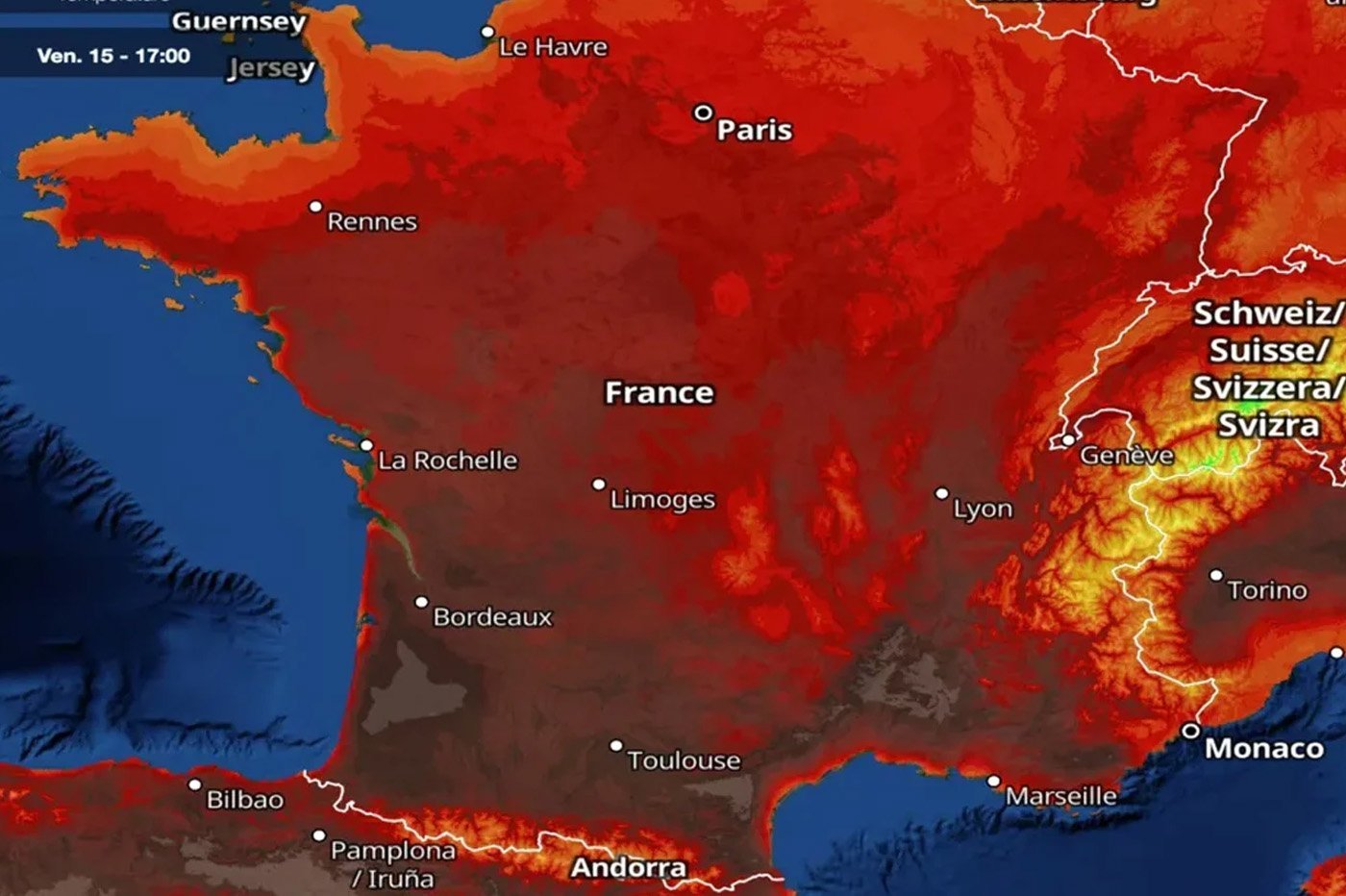
Climate change and inequality feed each other: if it is the richest who emit the most greenhouse gases and therefore exacerbate the climate crisis the most, it is the most vulnerable who are on the front line of the consequences of this crisis. Poor and modest households, women, children, the elderly and marginalized groups are among the hardest hit.
The Oxfam report reveals that in Europe, the richest 20% are better protected than the poorest 20%. These are public policies and adaptation measures that primarily benefit the richest.
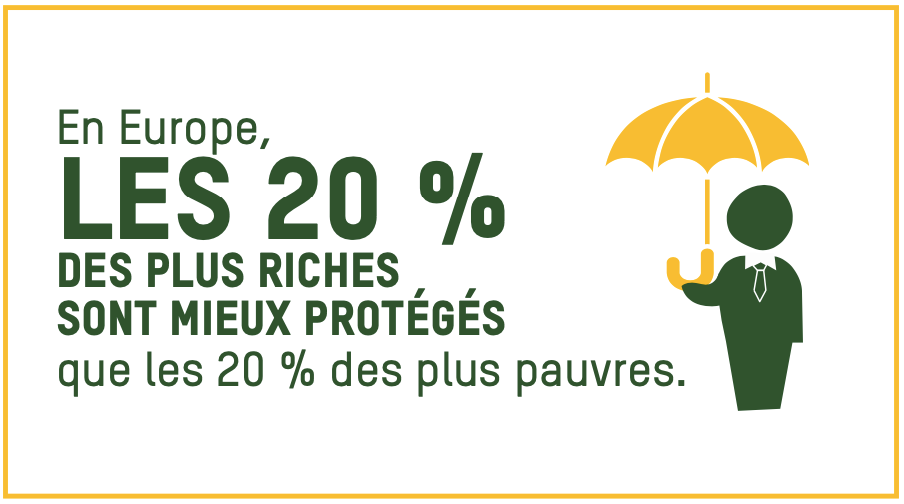
Fundamental rights are under threat in France
In its report, Oxfam calculated that at least 26 of the 50 fundamental rights enshrined in the articles of the Charter of Fundamental Rights of the European Union are threatened if the EU and France do not give themselves the means to adapt populations to the effects of climate change. This threat concerns rights as central as the right to health, to education or even the right to decent housing.
In the area of health, for example, in 2100, 5% of French hospitals will be threatened with closure due to the unsuitability of the infrastructure for extreme climatic events.

Labor law lacks adaptation
Like the entire French legislative and regulatory framework, labor law is not designed for a France at +4°C. Today, 36% are workers⸱his French⸱is in France has already been revealed⸱es to extreme heat in their workplace.
Among the occupations most vulnerable to the consequences of climate change, we find construction workers, farmers and health workers.
So far, the Labor Act has not proposed any precise rules in the event of a heat wave and includes e.g. no indication of the maximum temperature above which it would be prohibited to work or which could justify the exercise of the right of withdrawal.
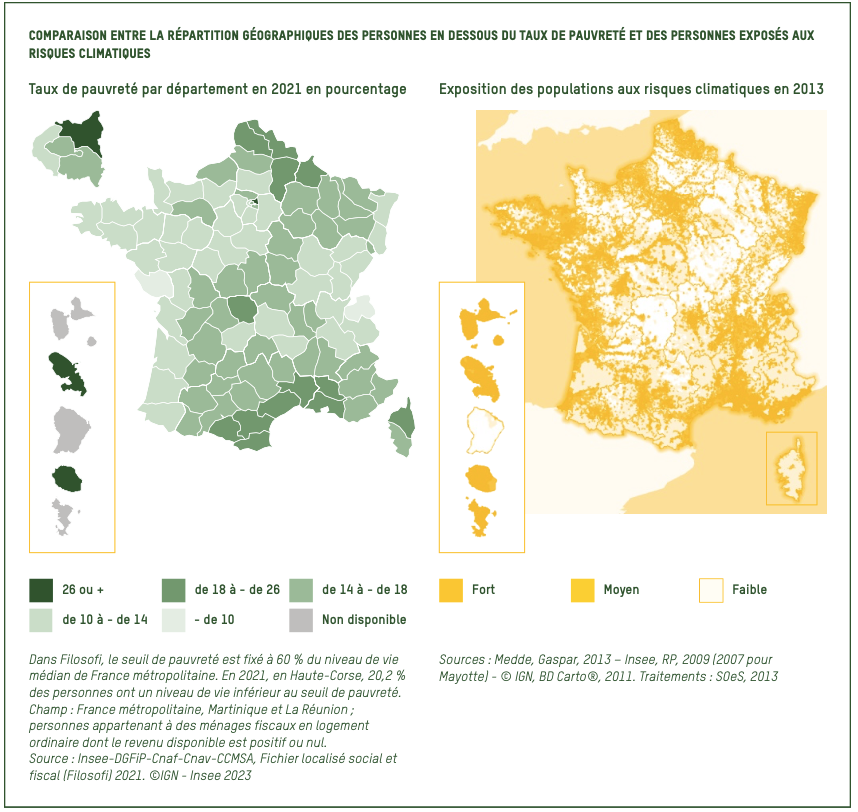
Adaptation policies in France: the great improvisation

The Oxfam report shows that the French adaptation is an unplanned adaptation, in reaction and in fits and starts. Government agencies wait for disasters to try to repair them.
However, since 2011, France has had a National Plan for Adaptation to Climate Change (PNACC), which aims to present concrete measures to limit the negative effects of climate change in France. But this plan is an empty shell, without any concrete measure that can be translated into political action with achievable and ambitious goals.
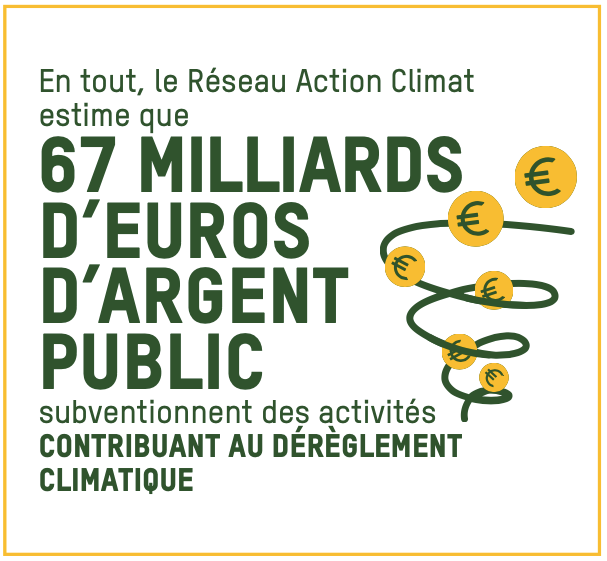
In addition, the public authorities’ approach today is sector-specific. There is no global vision for adaptation and even less social analysis of the intended public policies.
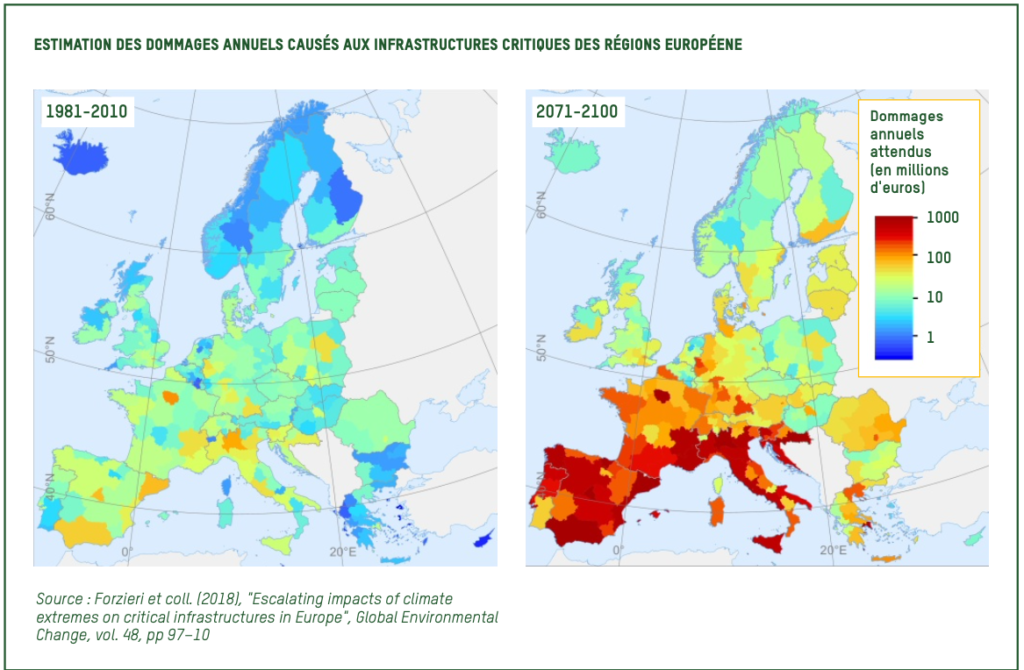
Adaptation: Oxfam’s recommendations


Oxfam calls for socially just adaptation planning in France and makes several recommendations:
- Several tens of billions of euros per year precisely distributed for adaptation in Franceaccompanied by a fair tax system;
- Democratic and transparent adaptation based on vulnerability analyses and about a new institution consisting of citizens responsible for making decisions about the adaptation of a given territory;
- Public investment conditional on criteria of efficiency and reduction of inequalities ;
- An enforceable and binding national climate change adaptation plan leave the state alonet accountable to citizens whose rights are threatened;
- Reformed labor law adapted to the effects of climate change to guarantee workers’ legal protection;
- A fair adaptation on an international levelmust France fully assume its historical responsibility in climate change by financing, adapted to needs, the adaptation of the countries of the global south.

Climate Change Report: We’re Not Ready
